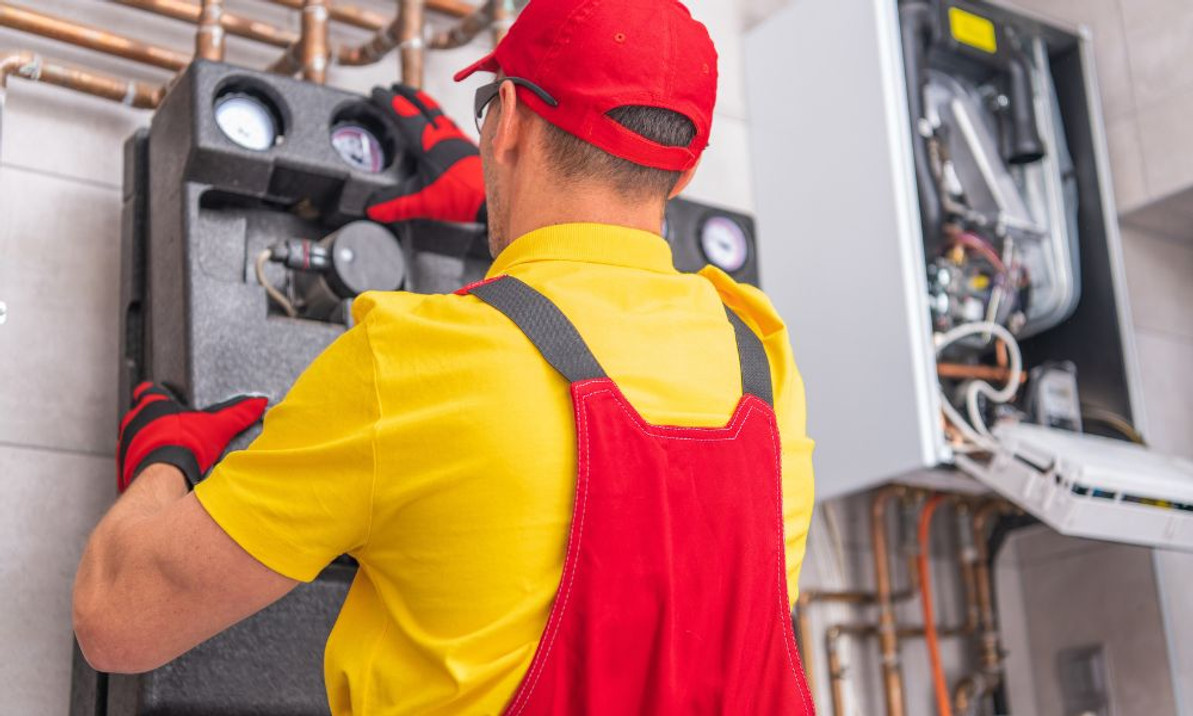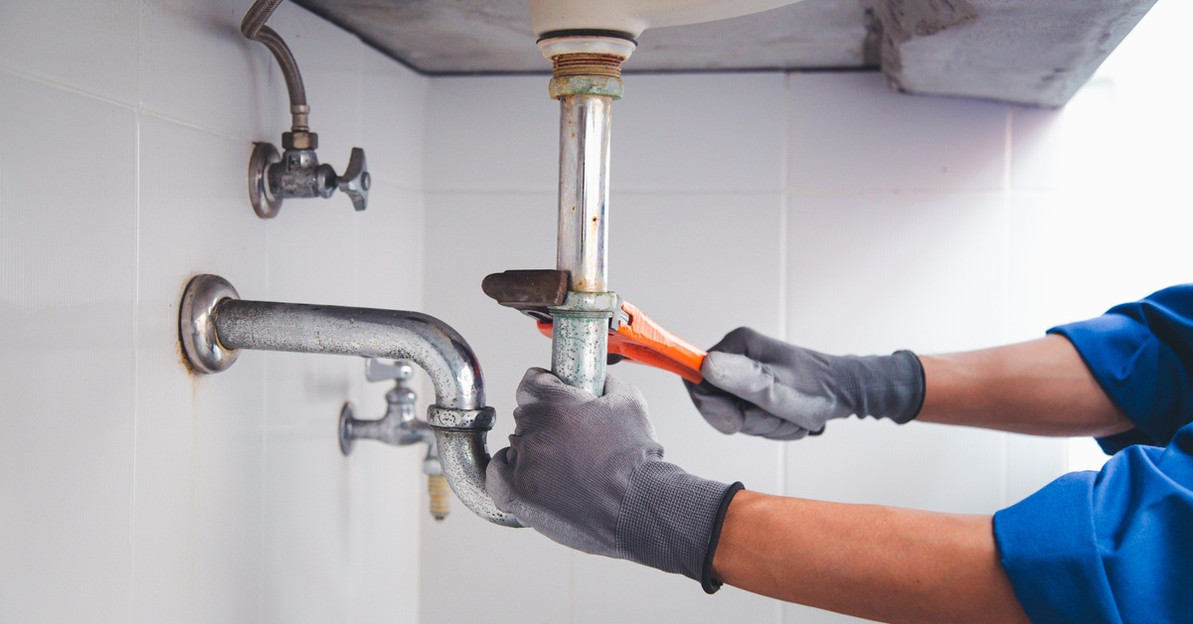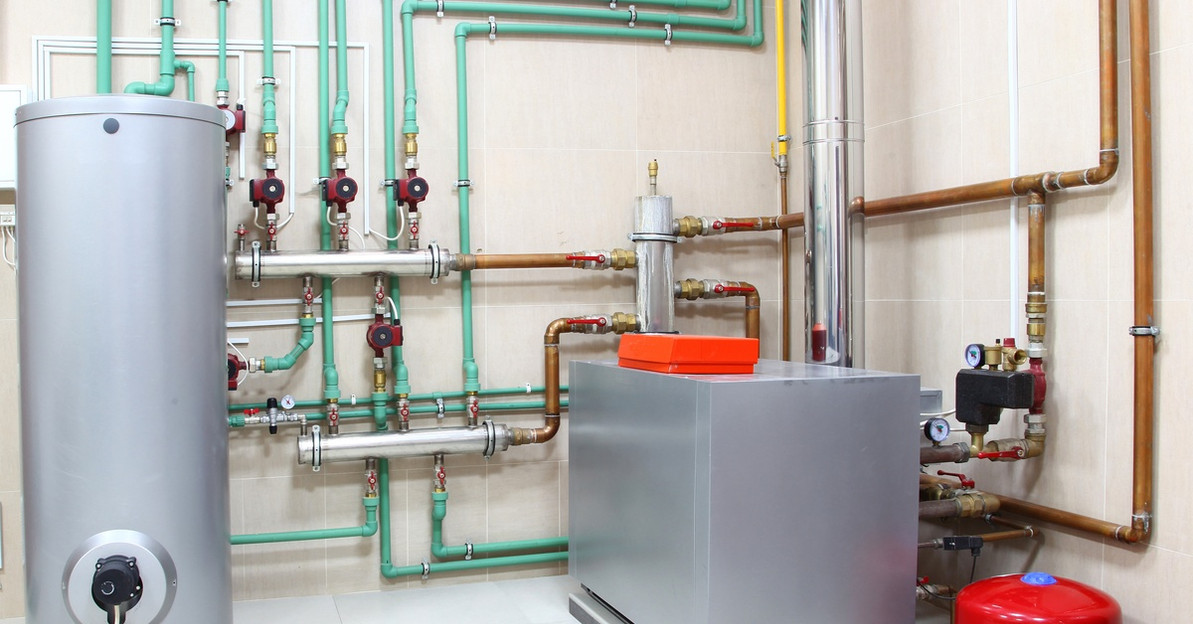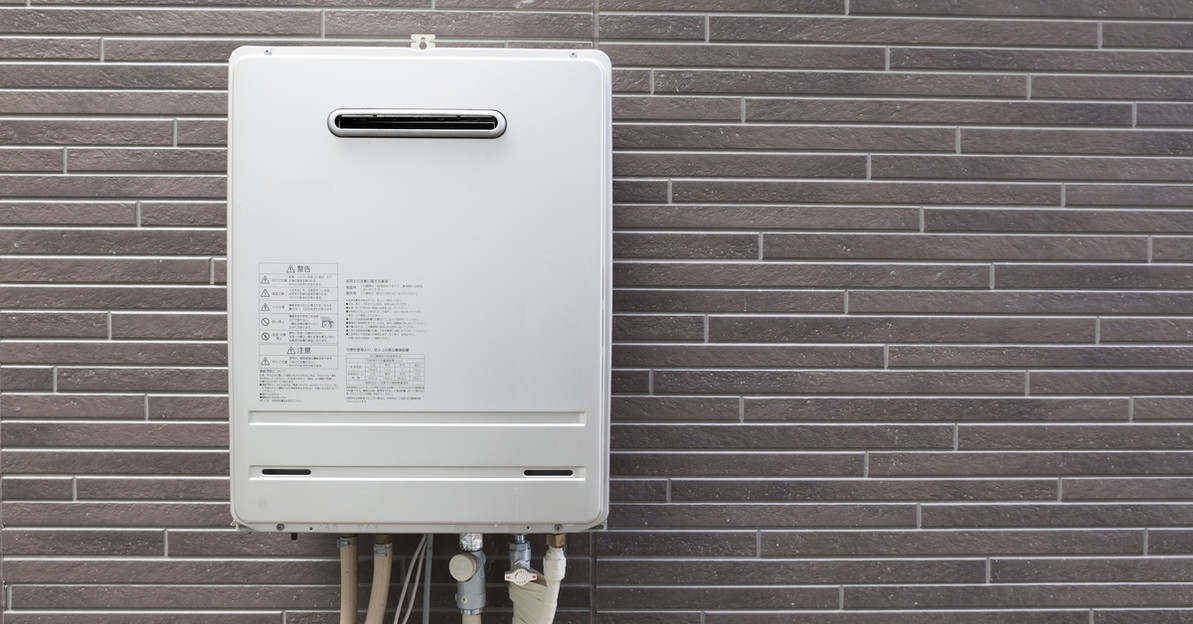Understanding Water Heater Efficiency Ratings
Diving into the depths of water heater efficiency ratings can feel like navigating a maze of numbers and unfamiliar terms. However, with a little patience and understanding, you can learn a great deal about your heater! Whether you’re a homeowner looking to reduce your energy bills or a professional aiming to provide top-tier service to your client, it’s in your best interest to understand these ratings.
Standby Loss Ratings
As a heater stores hot water for future use, it does lose a little heat. Standby loss refers to the percentage of heat lost per hour from the water stored in the tank compared to how hot the water is. Water heaters with lower standby loss ratings are more energy-efficient because they lose less heat while the water is sitting in the tank.
Energy Factor (EF) Ratings
The energy factor of your water heater measures its overall efficiency. It takes into account the amount of hot water the heater produces for every unit of fuel it consumes over a typical day. A higher EF rating indicates a more efficient water heater.
However, keep in mind that the EF rating may vary based on the type of fuel the heater uses. An electric water heater for a business may have a higher EF rating, but electricity is often more expensive than gas. Meanwhile, a commercial natural gas water heater might have a lower EF rating, but gas is relatively cheap.
Thermal Efficiency
The thermal efficiency rating measures the effectiveness of a water heater’s heat transfer in converting energy to heat. A water heater with a higher thermal efficiency rating will use less energy to heat water. This translates to lower energy costs without sacrificing heat or comfort.
First-Hour Ratings (FHR)
Your heater’s first-hour rating denotes how much hot water the heater can deliver in an hour when the tank is full. This rating is crucial for households and businesses with high hot water demand during peak usage times. If your water heater has a high FHR, it can more easily handle back-to-back showers or the simultaneous use of multiple appliances.
Recovery Rate
How many gallons can your water heater heat to a specific temperature in an hour? This number is the heater’s recovery rate. A higher recovery rate means the water heater can quickly replenish the hot water supply, which is ideal for large family homes or businesses like gyms and hotels.
Bear in mind, though, that a higher recovery rate often means higher energy consumption. Strike a balance between your desire for energy efficiency and your daily hot water needs.
The numbers and considerations that contribute to water heater efficiency ratings can help you understand its overall productivity. These calculations aren’t just abstract concepts; they’re practical tools that have a noticeable impact on energy consumption and costs. Use this knowledge to make informed decisions about the water heater you choose for your home or business!
Recent Posts
-
Must-Have Tools for Tackling Plumbing Clogs
Clogs are one of the most common issues professional plumbers will encounter on the job. These clogs …Dec 29th 2025 -
A Guide to Implementing Indirect Water Heating With Boilers
Choosing the right water heating method for your home or business significantly impacts energy effic …Dec 9th 2025 -
How Tankless Water Heaters Can Benefit Commercial Kitchens
A commercial kitchen operates at a fast pace and maintains very high performance standards. Every pi …Dec 3rd 2025





